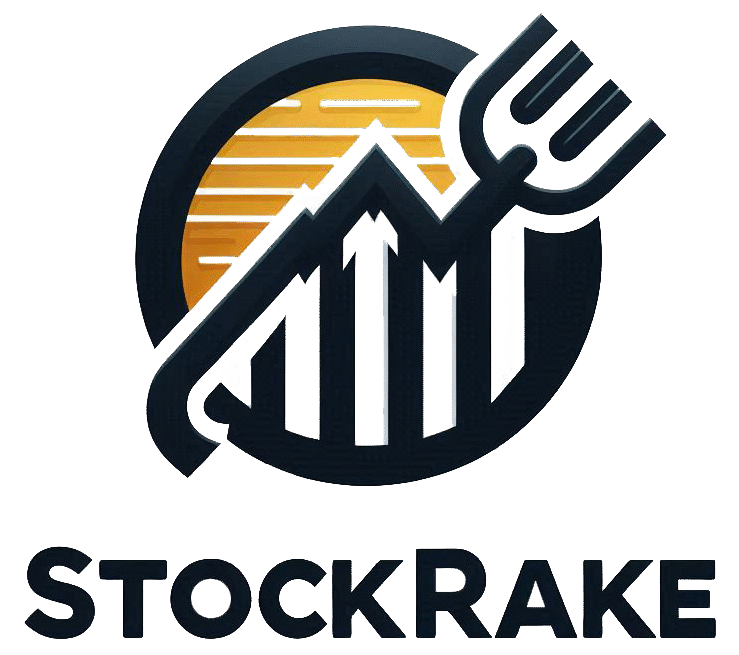If you’ve ever wondered what it really means to “own stock” in a company, you’re not alone. Stocks are one of the most common ways people invest and build wealth — but understanding how they work is key before you jump in.
In simple terms, buying a stock means buying a small piece of a company. These small pieces are called shares. When you own shares, you’re essentially a shareholder, which gives you the right to a portion of the company’s profits and assets, depending on how many shares you hold.
Stocks are primarily traded on public stock exchanges such as the New York Stock Exchange (NYSE) and NASDAQ, where prices are determined by supply and demand. These exchanges are heavily regulated by government agencies like the U.S. Securities and Exchange Commission (SEC) to protect investors and maintain transparency.
Why Do Companies Issue Stock?
Companies issue stock as a way to raise money to operate and expand their business. This process is called equity financing.

Instead of taking out loans or relying solely on profits, companies sell ownership shares to investors. When you purchase stock, you’re helping fund the company’s future in exchange for potential profits.
For example:
- A tech startup may issue stock to fund product development or marketing.
- An established company might issue shares to expand into new markets.
When you buy these shares, you become part of the company’s success story — sharing in both its profits and potential losses.
💡 Example:
If a company has 1,000 shares and you buy 100, you own 10% of that company. That means you’re entitled to 10% of its distributed profits.

Also Read: What Are the Key Takeaways from the Latest Fed Meeting?
Do Shareholders Actually Own the Company?
Not exactly. It’s a common misconception that owning stock makes you a direct owner of the company’s assets.

Legally, a corporation is a separate entity — it can own property, enter contracts, pay taxes, and even be sued, just like a person. So, while you’re a shareholder, you don’t own the company’s physical assets like its office buildings or machinery.
This setup offers important legal protection:
- If the company goes bankrupt, your personal assets are safe. You can only lose the money you invested in the stock.
- Similarly, if a large shareholder goes bankrupt, they can’t use the company’s assets to cover their debts.
This structure is called limited liability, and it’s one of the main reasons investors feel comfortable buying stocks.
📚 Further reading: U.S. Securities and Exchange Commission: How Stock Markets Work
What Do Shareholders Really Own?
When you buy shares, you own a claim to the company’s profits and voting rights, not the company itself.

This concept is known as the separation of ownership and control. You might own 33% of the company’s shares, but that doesn’t mean you own one-third of its office or assets — it means you own one-third of the voting and profit rights tied to those shares.
As a shareholder, you typically have three main rights:
- Voting rights – You can vote at shareholder meetings on key company decisions.
- Dividend rights – You may receive a portion of profits when dividends are distributed.
- Transfer rights – You can sell your shares at any time.
If you own a large number of shares, your influence grows. Major shareholders can help choose the board of directors, which makes strategic decisions and appoints executives like the CEO.
When you buy stocks, you become a part-owner of the company. When you buy bonds, you’re lending the company money. Bondholders get paid back with interest, and they have priority over shareholders if the company goes bankrupt. This means bonds are usually safer than stocks, but they may offer lower returns.
Common vs. Preferred Stock
There are two primary types of stock: common stock and preferred stock.
| Feature | Common Stock | Preferred Stock |
|---|---|---|
| Voting Rights | Usually included | Usually not included |
| Dividend Priority | Paid after preferred shareholders | Paid before common shareholders |
| Risk Level | Higher risk, higher potential returns | Lower risk, steady income |
| Bankruptcy Priority | Last in line for claims | Paid before common shareholders |
Example:
- If a company declares bankruptcy, preferred shareholders get paid before common shareholders.
- However, common shareholders might enjoy greater gains if the company’s stock price soars.
Sometimes companies issue new shares to raise more money, which can dilute your ownership percentage. Conversely, if a company buys back shares, it can increase the value of your existing ones.
How Are Stocks Different from Bonds?
Both stocks and bonds are ways for companies to raise capital — but they represent different financial relationships.
| Factor | Stocks | Bonds |
|---|---|---|
| Type of Investment | Ownership | Debt |
| Investor Role | Part-owner (shareholder) | Lender (creditor) |
| Returns | Dividends + capital gains | Fixed interest payments |
| Risk Level | Higher (price can fluctuate) | Lower (fixed returns) |
| Bankruptcy Priority | Paid last | Paid first |
When you buy a stock, you become a partial owner of the company.
When you buy a bond, you’re lending money to the company in exchange for regular interest payments.
Because bondholders get paid before shareholders if a company fails, bonds are generally safer, but they offer lower returns compared to stocks.
📈 For more on this topic, visit: Forbes: Stocks vs. Bonds – Which Should You Invest In?

Also Read: Is Dollar-Cost Averaging Still a Smart Strategy in 2025?
Conclusion
Understanding what a stock is and how it works is the first step to becoming a confident investor. Buying stocks means owning a stake in a company’s potential — and with that comes both opportunity and risk.
Whether you’re investing for retirement, long-term wealth, or short-term growth, it’s essential to diversify your portfolio, stay informed, and invest with a clear strategy.
Want to take the next step? Start by researching a few companies you believe in and watch how their stock prices move over time. Knowledge is your most valuable investment.
FAQs About Stocks
Q1. How do you make money from stocks?
You can earn money in two main ways:
Dividends – When a company shares part of its profits with shareholders.
Capital gains – When the stock price increases and you sell your shares at a profit.
Q2. Are stocks risky?
Yes, stock prices fluctuate due to market conditions, company performance, and economic factors. However, over the long term, stocks historically outperform most other investments.
Q3. How do I buy stocks?
You can buy stocks through a brokerage account with firms like Fidelity, Charles Schwab, or online platforms such as Robinhood or E*TRADE.
Q4. What is the difference between a stock and a share?
They’re often used interchangeably. “Stock” refers to ownership in a company, while a “share” represents one unit of that ownership.
Q5. Can I lose all my money in stocks?
It’s possible, but unlikely if you diversify. If a company goes bankrupt, its stock could become worthless. That’s why it’s smart to spread your investments across multiple companies or ETFs.

